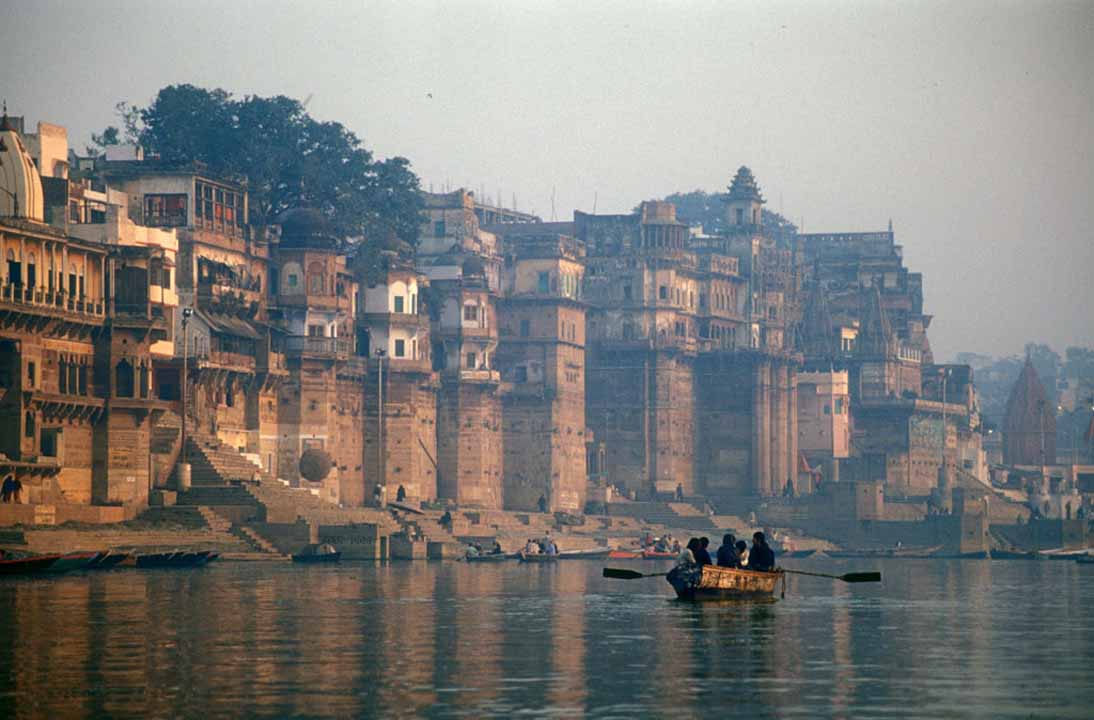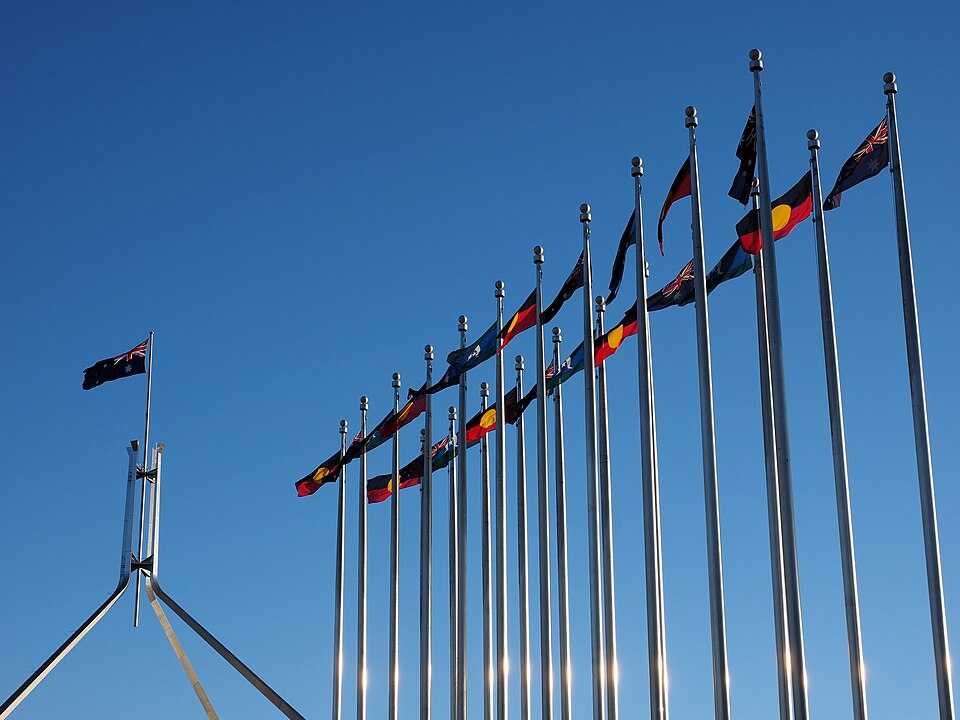The war in Ukraine reflects a clash of narratives about Russian and Ukrainian national and state identities. While the Russian regime talks of “denazifying” Ukraine, it is Russia that is the integral nationalist state now.
On National Unity Day (4 November) in 2016, President Vladimir Putin and Patriarch Kyrill unveiled a giant statue to Prince Vladimir who, as ruler of Kievan Rus’, embraced Orthodox Christianity in 988. This act added to tensions with Ukraine, which has its own giant statue to Prince Volodymyr as Ukraine’s official Twitter account quickly pointed out. Both states claim St Volodymyr/Vladimir as a national figure, and Kievan/Kyivan Rus’ as their proto-state. By a strange quirk of fate, the war between Russia and Ukraine is also a conflict between Presidents Vladimir (Putin) and Volodymyr (Zelenskiy).
What might seem ancient history has become politicised in the present. For Putin, the fact that Russians and Ukrainians share a common ethnie (using Anthony Smith’s term for a pre-national ethnic group), and Russia and Ukraine share a common ancestral state, means that they cannot be separate nations and should not be separate states. In his now notorious article on “The Historical Unity of Russians and Ukrainians,” and in his diatribes since the start of the war, Putin has adopted a primordialist position which ignores the reality that cultural groups evolve and separate, that nations as such are modern phenomena, and that a sense of nationhood is partly subjective. As Ernest Renan put it, a nation’s existence is a “daily plebiscite.”
On the other side, Ukraine’s declaration of independence on 24 August 1991 was framed as “continuing the thousand-year tradition of state development in Ukraine.” As with many such declarations in the disintegrating Soviet Union and Yugoslavia, it also referred to the right of a nation to self-determination, even if there is no right as such outside the overseas colonial context. This was a statement that Ukrainians were a separate nation, had their own history of statehood, and wanted now to be independent — as endorsed by a large majority of the population in an actual plebiscite on 1 December that year.
National identity in post-Soviet Ukraine
The war in Ukraine is the latest episode in the recurring conflicts in Europe resulting from the rise of nationalism and the emergence of nation-states spanning from the nineteenth century through to the wars of Yugoslav succession in the 1990s. After independence, there were serious tensions in Ukraine over issues of national identity and the structure of the state — for example, whether Russian should be a second language, and over the status of Crimea. Many people, including those who identified as ethnic Ukrainians, used Russian as a first language, but as in other “nationalising” states in Central and Eastern Europe after communism, some Ukrainian politicians wanted to promote the Ukrainian language. Until 2013, such disputes were usually resolved through the political process. In addition, serious differences over foreign policy orientation and the values associated with it were ever-present in Ukrainian politics and came to the fore when President Viktor Yanukovych decided not to sign the Associate Agreement with the European Union in 2013, leading to Euromaidan.
In the initial aftermath of the “Revolution of Dignity,” it seemed that more aggressive Ukrainianisation might be on the cards, with a language law introduced to the Rada but vetoed by the acting president and extreme nationalists in the government. Instead, a more civic idea of the nation developed: an attachment to Ukraine as a state committed to European values. As a personal act of commitment, many people have been speaking Ukrainian more, and some ethnic Russians are seeking to become more comfortable in using it, which might seem threatening to those particularly of older generations who do not speak it. Recent Ukrainian governments have also adopted policies encouraging the use of Ukrainian in schools and official settings. But this is no genocide against Russian speakers.
Over a period of more than 30 years of independent statehood, identification with Ukraine as a state has also developed through the rituals of the national imagined community. As President Zelenskiy said in his appeal to the Russian people at the start of the war, this includes “rooting … for our boys” in the Donbass Arena in EURO2012, and the resonance of “names, streets, and events” that mean nothing to outsiders.
Integral nationalism in Russian politics and foreign policy
In the 1990s, Russian political scientist Nadia Arbatova called the Yugoslav conflicts a “horror mirror” in which “Russia saw its own probable future and shivered with horror.” She argued that the effect was generally positive, encouraging policymakers to avoid the ”bloodshed, destruction and … atmosphere of hatred and mistrust” that they saw in the Balkans. Now the horror mirror is reversed. Russia is attempting to do what Serbia did in the 1990s and is facing ostracism from the West as a result.
Like Slobodan Milošević’s Serbia, Putin’s Russia is supposedly protecting the rights of ethnic Russians and Russian speakers in the independent states that emerged after the break-up of the Soviet Union. But the hyperbolic Russian propaganda about Banderites running Ukraine and the need for denazification is absurd. And the self-declared “People’s Republics” of Donetsk and Lugansk are direct copies of the Serb breakaway “republics” such as Republika Srpska, a land of hyper-nationalism run by thuggish bodybuilders.
Talk of denazification nevertheless serves to tie Russia’s invasion of Ukraine into the dominant national narrative of the Putin era: the Great Fatherland War. Glorification of the sacrifices and ultimate victory of the Second World War has served to integrate the Soviet era into the longer-term narrative of Russian history that Putin promotes. It has also helped to militarise the population, including children. The basis for the lies about Russia liberating Ukraine from neo-Nazis has been laid by the incessant propaganda about WWII, in which any contemporary Ukrainian nationalists are Banderite descendants of collaborators with Nazism, and independent Ukraine was and therefore is a Nazi construct (although, contradictorily, it is also a Bolshevik construct according to Putin!).
Instead, Russia now is an integral nationalist, or even fascist, state, with glorification of the military, the cult of the strong leader, repression of free media and labelling of dissenters as traitors, promotion of far-right groups at home and abroad, defence of conservative values and “traditional” gender roles, Orwellian doublespeak by politicians and the media, irredentism by force involving the terrorising of civilians, and even the iconography of the “Z” symbol.
Russia as a great power: narratives of Russian state identity
Questions of national identity and related statehood are fundamental to the conflict in Ukraine. But the conflict is also about Russia’s/Putin’s pride and insecurity, NATO enlargement, and Russia’s place in the post-Cold War world. Does this mean that the Russian national identity narrative is merely rhetoric masking the pursuit of perceived economic and political interests? Certainly, there was an economic element to the crisis in 2013–14, when many in eastern Ukraine had real concerns about the impact of a free trade agreement with the EU, meaning no customs union with Russia and the potential emergence of a hard border where previously there had been a form of open regionalism. But the war in Donbas had already changed that context, even before Russia’s latest aggression.
If the war is about interests now, it is more about Putin’s own regime interests and about perceived Russian security and economic interests: control of resources in Donbas and important ports on the Black Sea, access to shipbuilding yards, and creating land access to Crimea. This fits more into a narrative of state, rather than national, identity — of Russia as a great power. It may well backfire as Russia is plunged back into the economic disaster of the 1990s that Putin claims to have rescued it from.
Dr James Headley is an Associate Professor in the Politics Programme, University of Otago. He is the author of Russia and the Balkans: Foreign Policy from Yeltsin to Putin, and specialises in the nationalism and international relations of the former Soviet Union and the Balkans. Email: james.headley@otago.ac.nz
This article is published under a Creative Commons License and may be republished with attribution.



